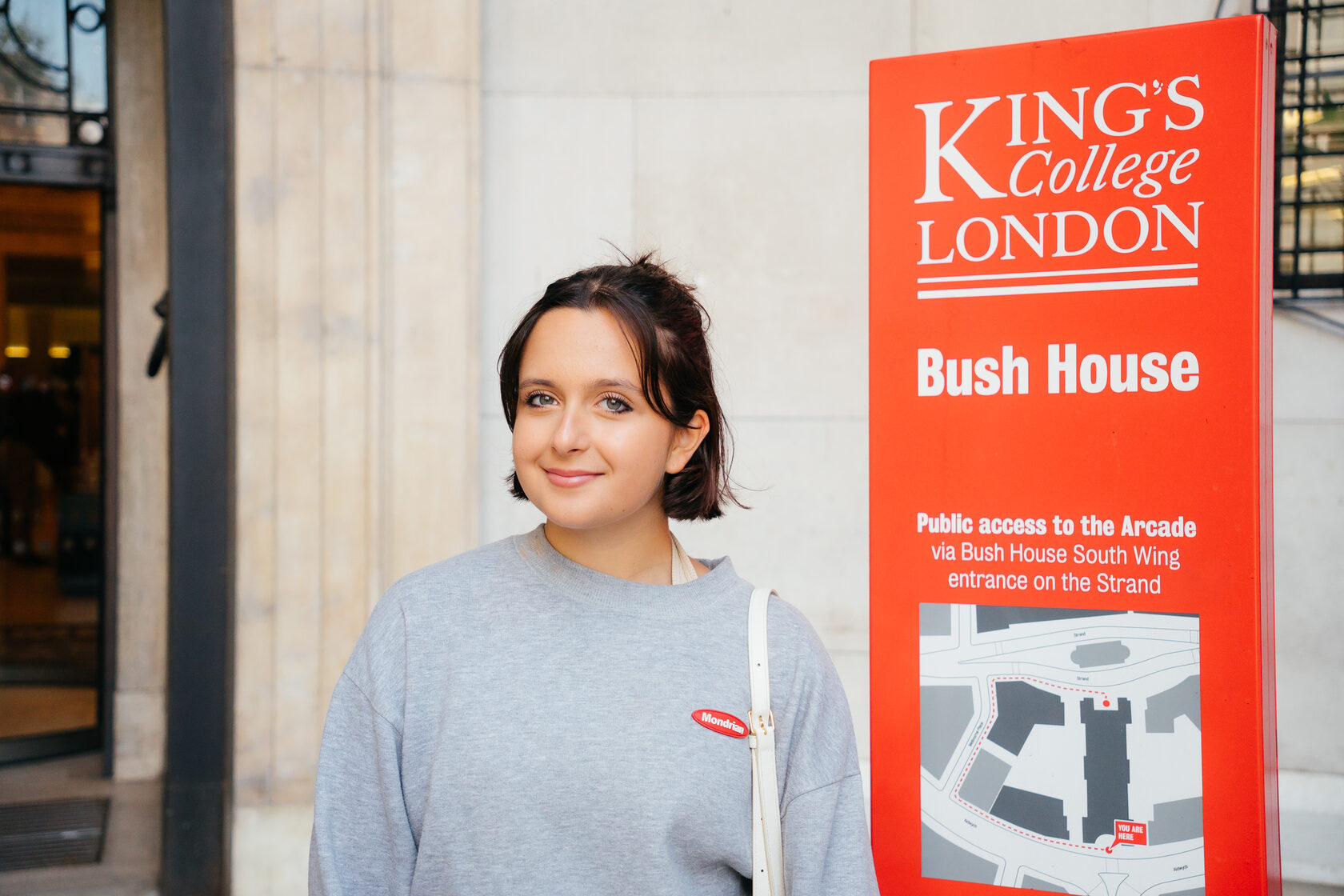This summer I had the priceless opportunity to visit London and attend the King’s College summer school - Media, Communication and Digital Culture course. For a long time, I have been led to believe that the UK is my only path of education abroad. Rightfully so, as its universities place among the highest-ranking schools in the world and its capital London is designed for a prosperous student life. Whilst having set my goals towards this, I realized that I have never even visited the UK, and this summer was a perfect opportunity.
Most of all I considered three universities – King’s College London (KCL), University College London (UCL) and London School of Economics and Political Science (LSE). First of all, for their quality, but also for their centralized location and eminent reputation.
My First Stop: King's College London (KCL)
My first stop was KCL, where I would later attend the summer school. The campus exuded a warm, close-knit atmosphere, with students embodying a sense of community. However, I noticed that KCL's various campuses were spread across different locations, which could potentially impact the cohesiveness of the student experience.
Notable features:
Notable features:
- Diverse range of student activities and societies
- Year abroad options for language and international relations programs
- Unique first-year grading system (grades don't count towards final degree, with some exceptions).
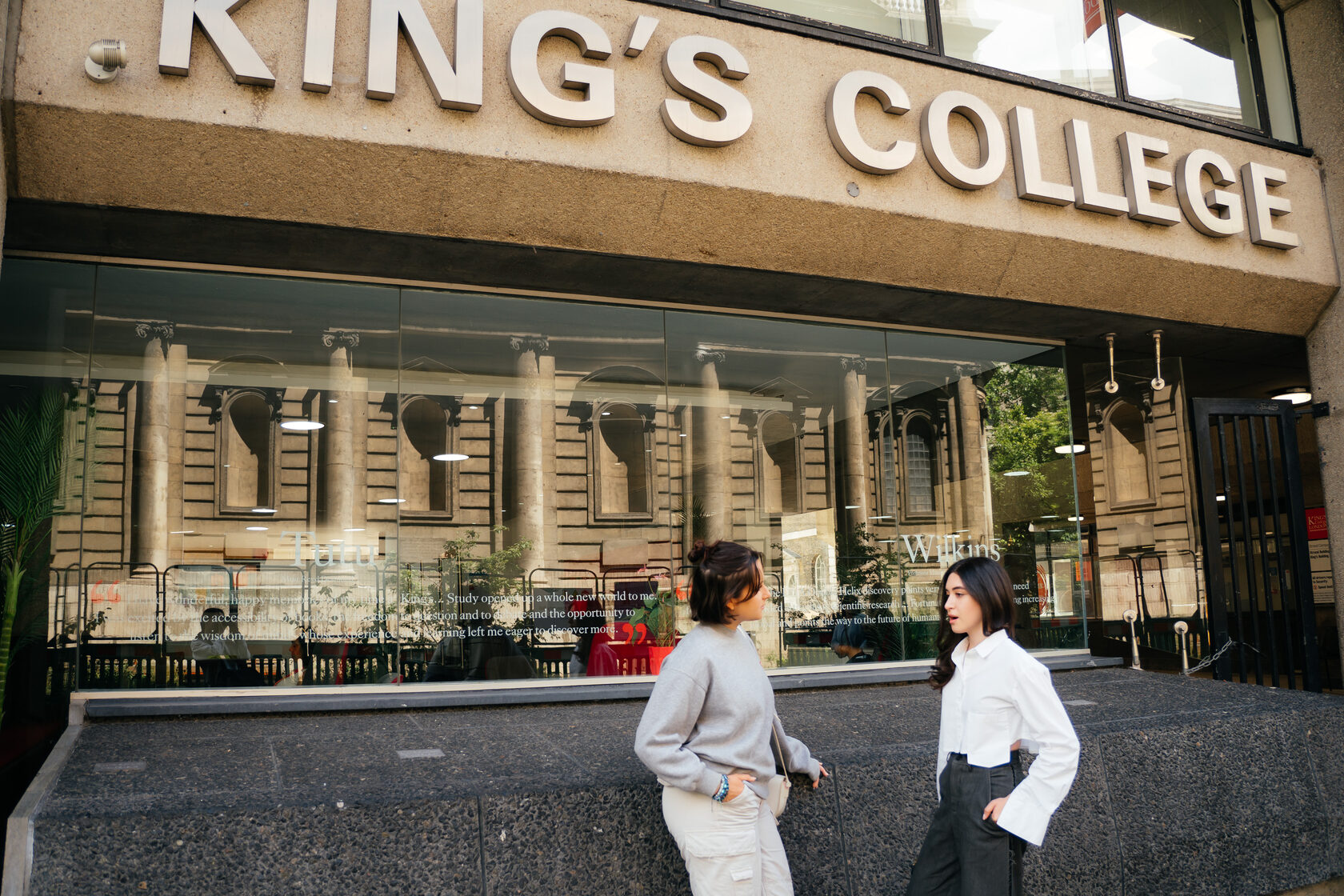
My Second Stop: London School of Economics and Political Science (LSE)
LSE's campus design impressed me with its convenience and community-fostering layout. The university's "quarter" creates a self-contained academic ecosystem without isolating students from the city.
Highlights:
Highlights:
- Compact campus with all facilities in close proximity
- Informative subject talks and student life presentations
- Flexible course combinations, especially in the government department
- Option for dissertation or additional subject in the final year
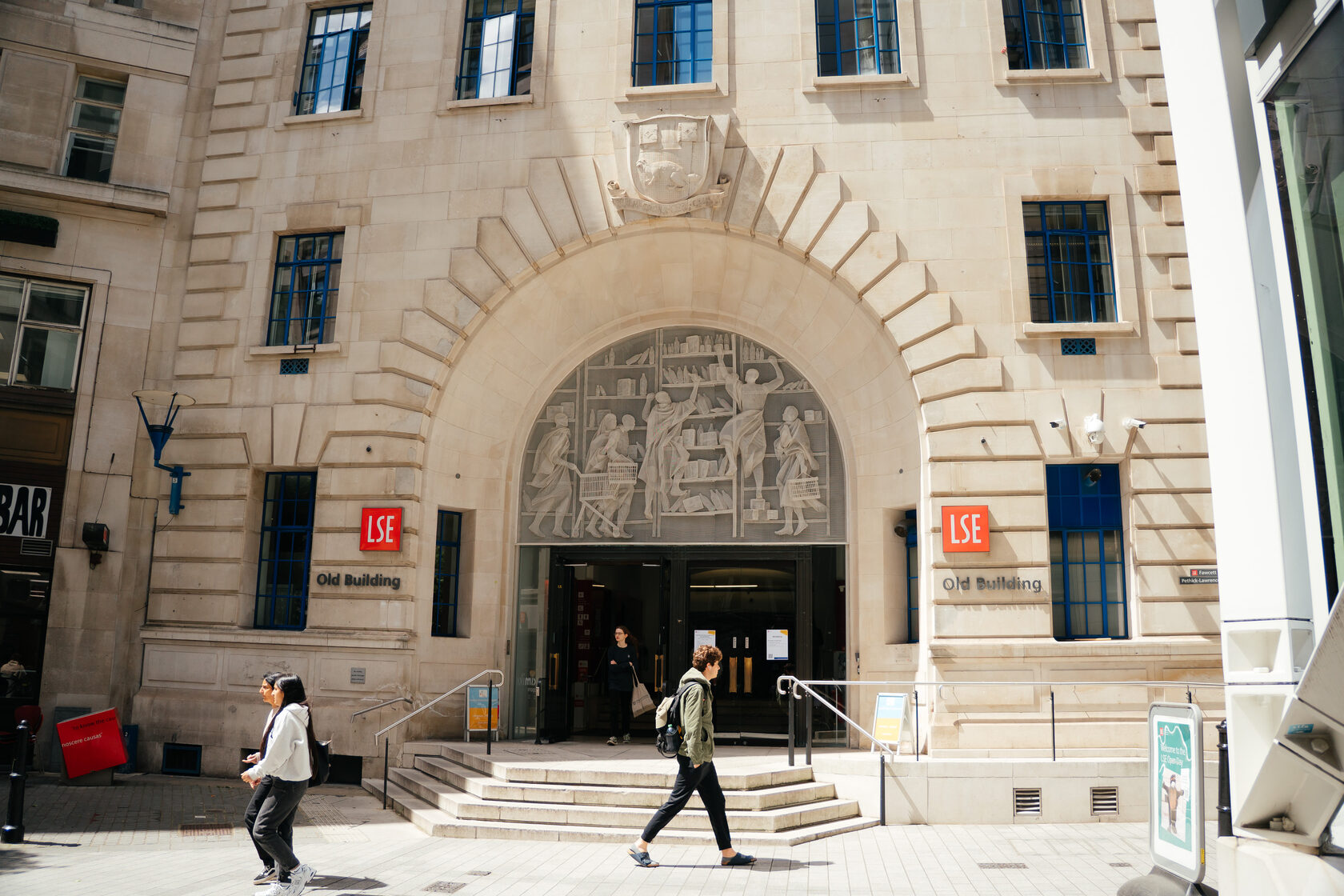
I was pleasantly surprised by the overwhelming number of student activities and societies, which very similarly to KCL took various shapes and forms – from pole dancing to bubble tea and MUN.
What I truly appreciated about LSE was the variety of courses. For example, within the government department, politics can be combined with philosophy, economics, international relations and law. In the last year of study, the student has a choice between a dissertation or an additional “subject”.
What I truly appreciated about LSE was the variety of courses. For example, within the government department, politics can be combined with philosophy, economics, international relations and law. In the last year of study, the student has a choice between a dissertation or an additional “subject”.
My Third Stop: University College London (UCL)
UCL's approach stood out for its strong focus on research across all disciplines. In courses such as history you are often required to specialize in a certain area of the world – Slavic, European, American etc. Combined courses (f.e. History, Politics and Economy) also gradually narrow, ending the three-year course with a dissertation (research) on one of these original subjects. I find that a little limiting for me personally as I would like to explore various humanities subjects before settling with a profession. While this can be advantageous for STEM fields, I found it potentially limiting for humanities students like myself.
Key observations:
Key observations:
- Research-oriented curriculum for all courses
- Specialization required in certain areas (e.g., history)
- Combined courses that narrow down to a single subject for dissertation
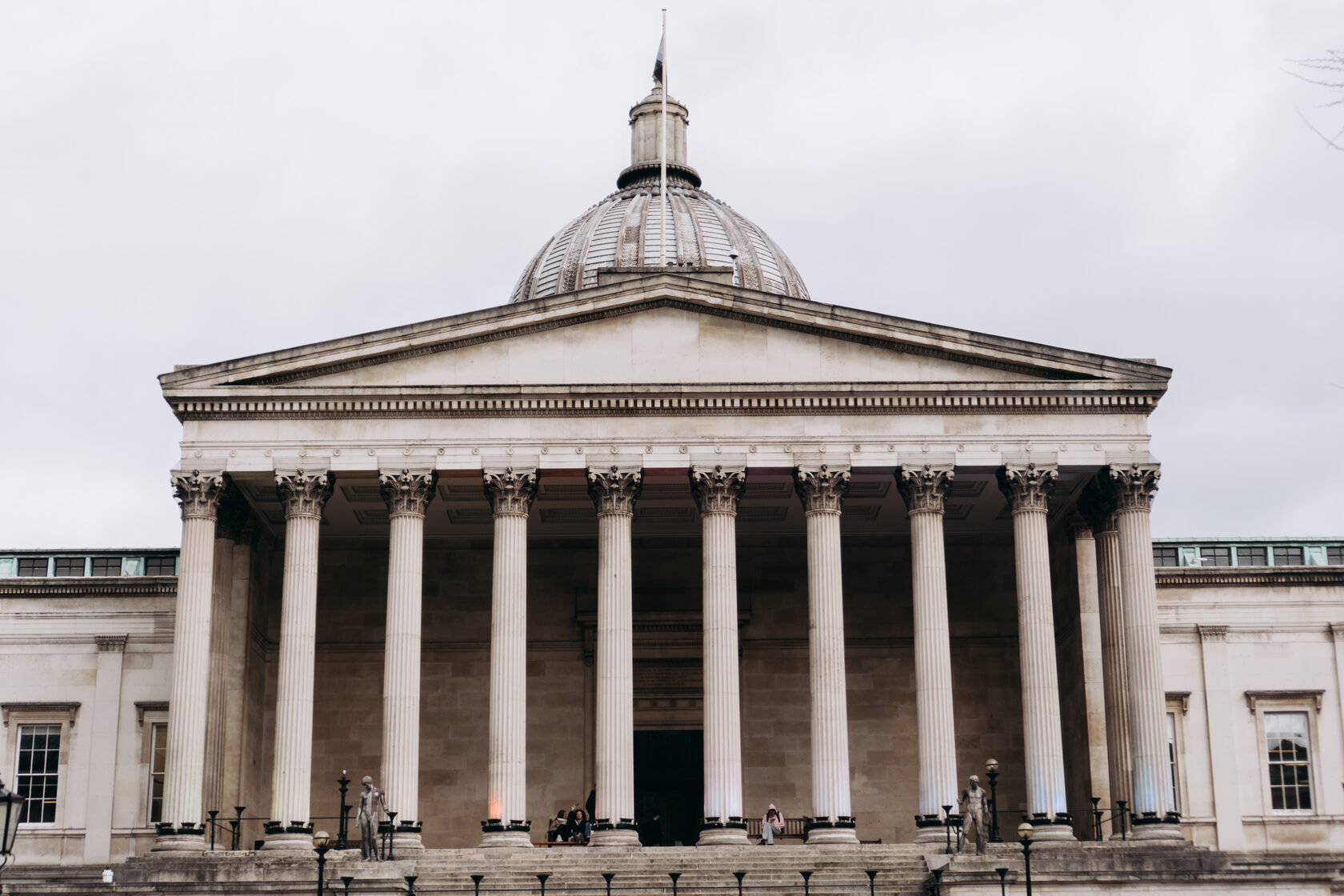
After a further discussion with some local students, they have also pointed out that whilst being famous for their science courses, King’s as well as UCL offer a year abroad with their language and certain international relations programmes. Students travel to partnering schools to experience a second language first-hand which I find to be a very interesting concept. On the other hand, to pay such a large amount to attend this college and then to spend a year at one that is much less reputable and pricey throws me off a little.
Another thing that struck me about KCL was that the first-year grades and credits do not count into the final mark from the whole 3-year course. This information is a little misleading as students themselves told me that certain post-graduate courses consider the first year as well, despite being advertised as a “trial” year for the students. On the other hand, it is beneficial when combatting a new university grading system and work style.
Another thing that struck me about KCL was that the first-year grades and credits do not count into the final mark from the whole 3-year course. This information is a little misleading as students themselves told me that certain post-graduate courses consider the first year as well, despite being advertised as a “trial” year for the students. On the other hand, it is beneficial when combatting a new university grading system and work style.
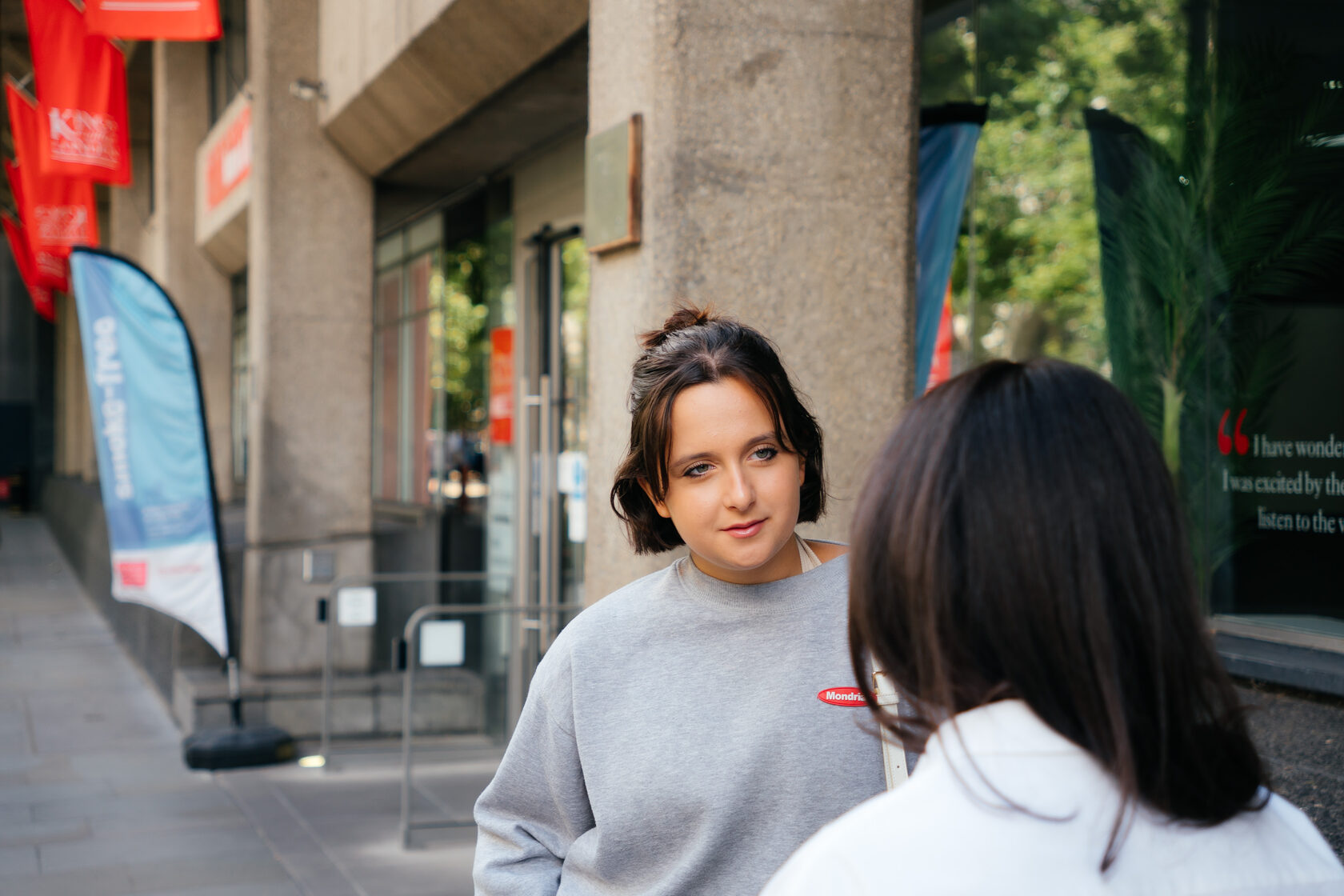
King's College London Summer School: My Experience
After visits to all three prospective universities, I had the opportunity to take a one-week course at the KCL Summer School. I was a residential student meaning that I got to experience student accommodation firsthand and live in actual dorms of King’s students.
While under almost 24h supervision we were treated rightfully as young adults and were given enough freedom if we followed the set rules. Our assistants who looked after us, organized evening activities and were at all times present at the site were current KCL students who were all extremely friendly and always ready to answer any questions about their studies.
The collective of both real students and those attending the summer course was very diverse with young people from all around the world; I must admit, in my 10 days in London I only met a couple of British people.
Course Content and Structure: I enrolled in the Media, Communication and Digital Culture course, which provided me with valuable insights into modern media landscapes. The program consisted of four daily sessions, blending lectures and seminars, with a well-balanced schedule allowing for breaks and lunch.
Highlights:
The professors teaching our course made this experience truly meaningful as we engaged in discussions, experienced learning at relevant sites and lectures at the KCL Strand campus.
The other courses such as law or medical science were said to be much more difficult as they required more asynchronous learning outside of the classroom (form of homework), whilst we were given only a few straightforward tasks. I enjoyed this course as it deepened my understanding of certain areas such as misinformation in media, political activism online and the general effect of digitalisation on modern journalism and our lives as a whole.
While under almost 24h supervision we were treated rightfully as young adults and were given enough freedom if we followed the set rules. Our assistants who looked after us, organized evening activities and were at all times present at the site were current KCL students who were all extremely friendly and always ready to answer any questions about their studies.
The collective of both real students and those attending the summer course was very diverse with young people from all around the world; I must admit, in my 10 days in London I only met a couple of British people.
Course Content and Structure: I enrolled in the Media, Communication and Digital Culture course, which provided me with valuable insights into modern media landscapes. The program consisted of four daily sessions, blending lectures and seminars, with a well-balanced schedule allowing for breaks and lunch.
Highlights:
- Engaging discussions and site visits (e.g. the study of political activism through art at the Tate Modern Gallery)
- Exploration of crucial topics such as misinformation, political activism online, and digitalization's impact on journalism
- Introduction to concepts like symbolic power, positionality, and bias
The professors teaching our course made this experience truly meaningful as we engaged in discussions, experienced learning at relevant sites and lectures at the KCL Strand campus.
The other courses such as law or medical science were said to be much more difficult as they required more asynchronous learning outside of the classroom (form of homework), whilst we were given only a few straightforward tasks. I enjoyed this course as it deepened my understanding of certain areas such as misinformation in media, political activism online and the general effect of digitalisation on modern journalism and our lives as a whole.
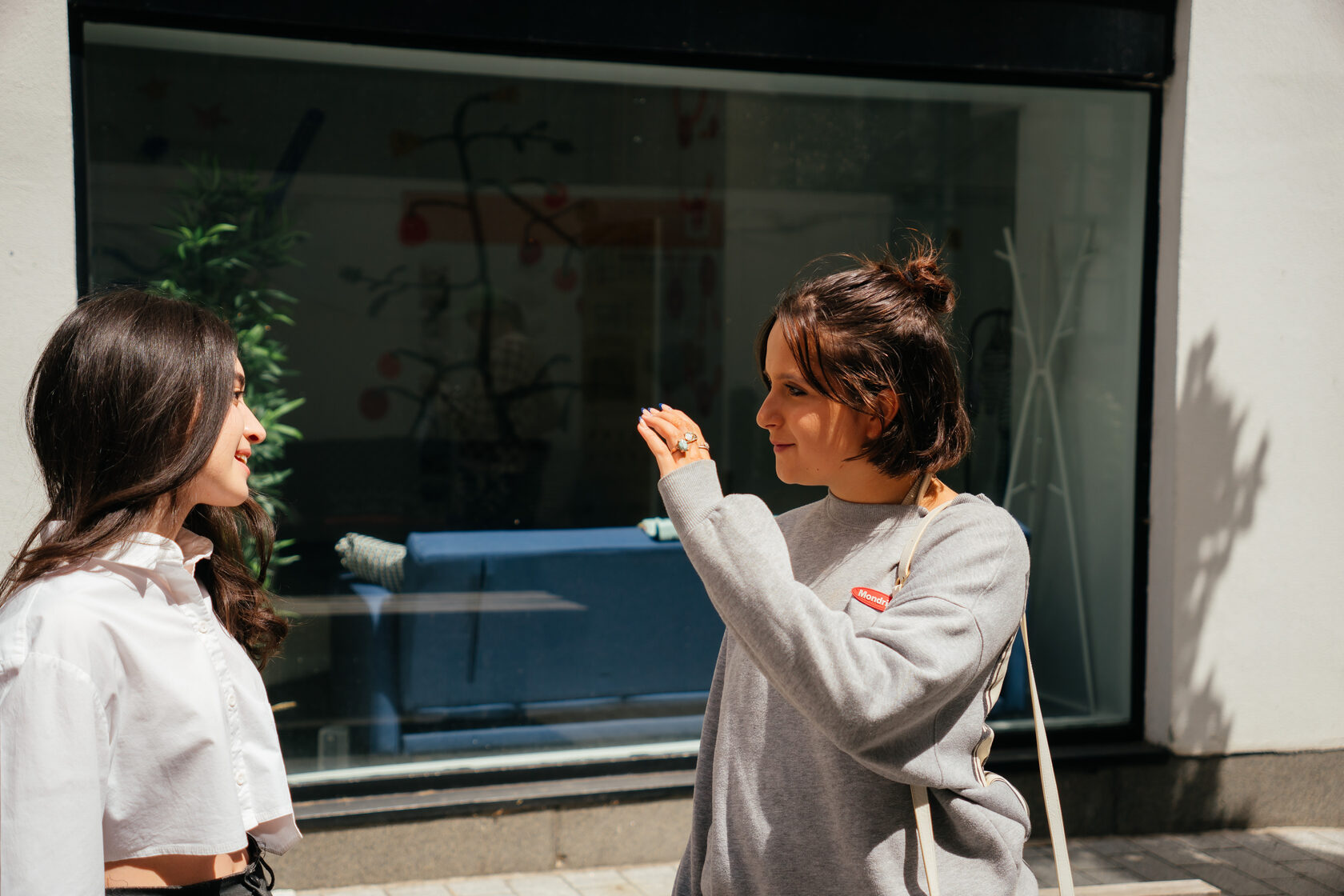
Critical Reflection: While the course was intellectually stimulating, I sometimes felt that certain topics lacked depth or practical application. For students considering humanities subjects, I would recommend complementing this course with more content-heavy options like law or international relations.
Practical Application: The course culminated in a team presentation and an individual essay. These assignments allowed us to apply our newfound knowledge to real-world scenarios and develop critical thinking skills.
Residential Experience: Living in KCL student accommodation provided an authentic taste of university life. The diverse international community and supportive staff created a welcoming environment that fostered both independence and camaraderie.
In my opinion, the most crucial topic and thus my greatest take away from this course is that in our modern world, nothing is or even can be truly unbiased and objective. Information is considered a categorizable phenomenon that can be segregated into “right” and “wrong” but it is often neglected how large of a role our society plays in how we perceive our surroundings.
Concepts such as symbolic power, positionality and bias were discussed, and I am now confidently able to apply them to my own life and the way I view media and information.
Key Takeaways and Personal Growth: This experience has been invaluable in shaping my understanding of UK higher education and my own academic preferences. I've learned to:
Despite being very amused by this study I often realized that it really said a lot without saying much. Many of what was taught I knew from my own experience and at times I felt that we were circling around familiar concepts without really getting anywhere.
Therefore, for students who consider a humanities subject, I would much more recommend law or International relations, which were more content based, but had much more tangible knowledge incorporated in it.
Practical Application: The course culminated in a team presentation and an individual essay. These assignments allowed us to apply our newfound knowledge to real-world scenarios and develop critical thinking skills.
Residential Experience: Living in KCL student accommodation provided an authentic taste of university life. The diverse international community and supportive staff created a welcoming environment that fostered both independence and camaraderie.
In my opinion, the most crucial topic and thus my greatest take away from this course is that in our modern world, nothing is or even can be truly unbiased and objective. Information is considered a categorizable phenomenon that can be segregated into “right” and “wrong” but it is often neglected how large of a role our society plays in how we perceive our surroundings.
Concepts such as symbolic power, positionality and bias were discussed, and I am now confidently able to apply them to my own life and the way I view media and information.
Key Takeaways and Personal Growth: This experience has been invaluable in shaping my understanding of UK higher education and my own academic preferences. I've learned to:
- Critically evaluate information and media through various lenses
- Appreciate the importance of campus layout and community in university life
- Understand the nuances of different academic approaches across institutions
- Value the global connections and friendships formed during such programs
Despite being very amused by this study I often realized that it really said a lot without saying much. Many of what was taught I knew from my own experience and at times I felt that we were circling around familiar concepts without really getting anywhere.
Therefore, for students who consider a humanities subject, I would much more recommend law or International relations, which were more content based, but had much more tangible knowledge incorporated in it.
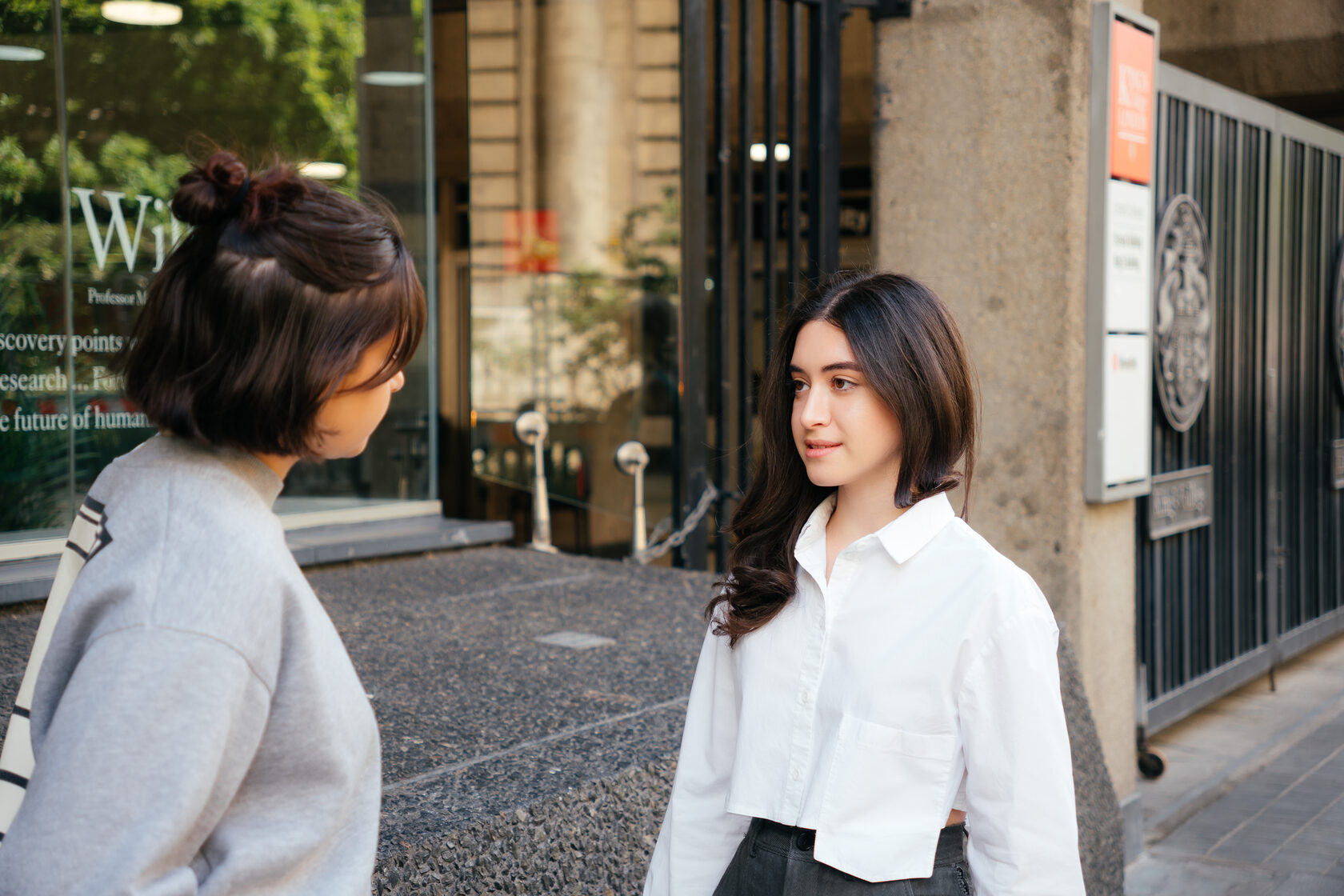
Some students took two courses during the time being (visiting for two weeks instead of one), in which case selecting Media for one of them is a brilliant idea. I think it would combine well with one of the two other courses, connecting knowledge from both of them.
At the end of the week, we were expected to create a presentation in teams on a specific topic using our knowledge from the course as well as any research. Our topic question was “is technology in the digital age making us more passive as ever before”. Though quite vague we were able to answer it with concepts such as impulsive shopping, perceiving time and information.
During that week we also studied different research methods, one of which we then had to use to design our own experiment to prove the point we were advocating for. Whilst not being able to execute research due to ethical guidelines, this form of work enabled us to apply our knowledge into the real world and experience what could possibly be the aim of our profession if we decide to proceed in this direction in the future. We were also then tasked with writing an essay on the biggest take away from the course using information gained from the summer programme.
At the end of the week, we were expected to create a presentation in teams on a specific topic using our knowledge from the course as well as any research. Our topic question was “is technology in the digital age making us more passive as ever before”. Though quite vague we were able to answer it with concepts such as impulsive shopping, perceiving time and information.
During that week we also studied different research methods, one of which we then had to use to design our own experiment to prove the point we were advocating for. Whilst not being able to execute research due to ethical guidelines, this form of work enabled us to apply our knowledge into the real world and experience what could possibly be the aim of our profession if we decide to proceed in this direction in the future. We were also then tasked with writing an essay on the biggest take away from the course using information gained from the summer programme.

All in all, I would say this was definitely a very positive experience. First of all, I got to actually experience the city where I aspire to study, and I am finally confident to say I wouldn’t regret it. Visiting various universities and conversing with its students helped me set straight certain details that I wouldn’t have been able to find online.
The summer course itself, while having certain perks, was remarkable with both its content but also the incredible people I got to meet in the process. Now, when hearing a mention of almost every country in the world I can proudly pronounce that I have friends there.
I would definitely recommend participating in similar programs for prospective students considering studying in the UK. This experience truly gave me much more clarity and enriched me with unforgettable memories, it provided invaluable insights into university life, academic expectations, and personal growth opportunities that simply cannot be gleaned from online research alone.
The summer course itself, while having certain perks, was remarkable with both its content but also the incredible people I got to meet in the process. Now, when hearing a mention of almost every country in the world I can proudly pronounce that I have friends there.
I would definitely recommend participating in similar programs for prospective students considering studying in the UK. This experience truly gave me much more clarity and enriched me with unforgettable memories, it provided invaluable insights into university life, academic expectations, and personal growth opportunities that simply cannot be gleaned from online research alone.
Photos: Elena Zhiltcova



